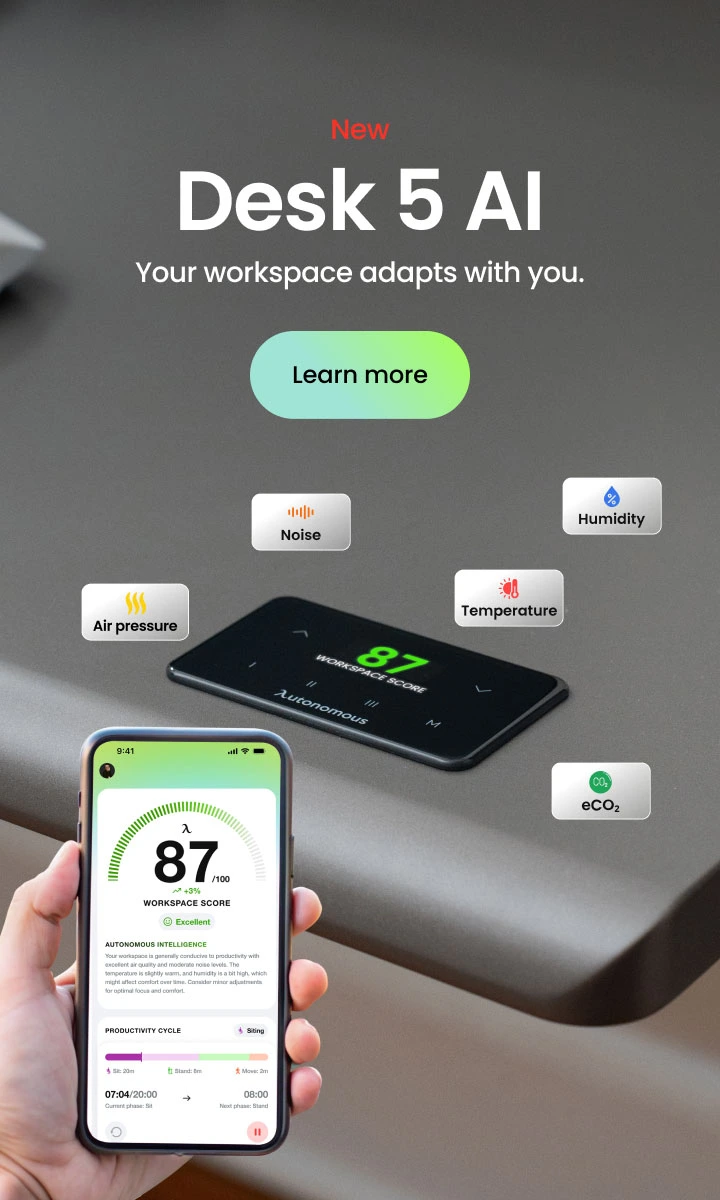
Table of Contents
In 2025, being tech savvy isn’t just a bonus—it’s essential. Whether you're a student, entrepreneur, or someone just trying to keep up, understanding and using technology well can give you an edge in work and life. But becoming tech savvy doesn't mean you need to code like a pro or build your own robot. It's about being confident, capable, and curious with modern tools.
Here’s your practical guide to becoming tech savvy in 2025—no jargon, no pressure, just real-world steps.
1. Start with the Basics
First things first: you need to understand your devices.
- Know your way around your phone, laptop, and tablet. Learn how to update software, manage settings, and troubleshoot issues.
- Get familiar with major operating systems: Windows, macOS, Android, iOS, and maybe even Linux.
- Use cloud platforms like Google Drive, iCloud, and Dropbox to store and share files seamlessly across devices.
- Understand essential apps: email clients, web browsers, calendar tools, and note-taking apps like Notion or Evernote.
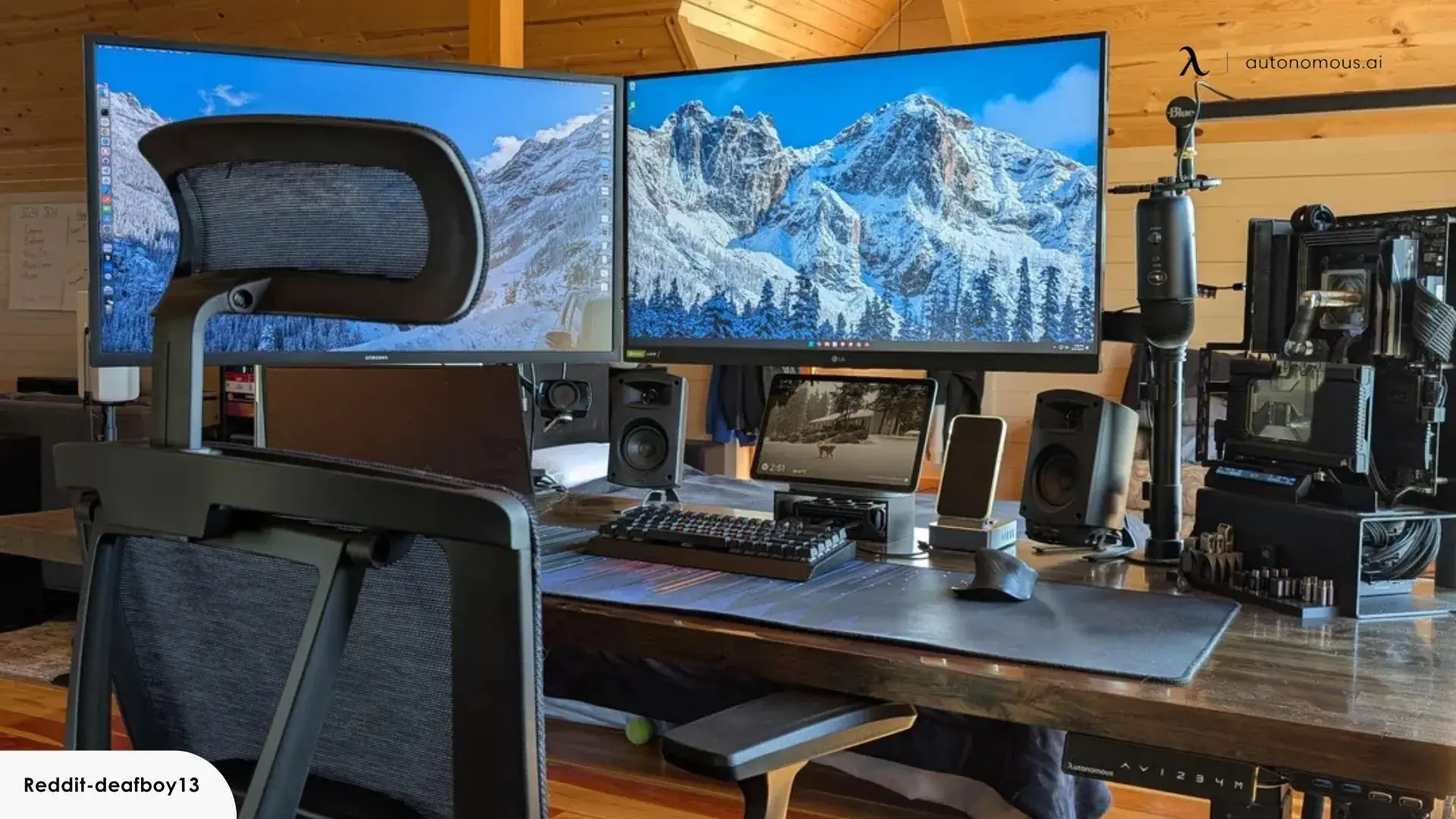
2. Practice Good Digital Hygiene
You don’t need to be a cybersecurity expert—but a few smart habits can protect your data and devices.
- Use a password manager like 1Password or Bitwarden to keep your accounts secure.
- Enable two-factor authentication (2FA) wherever possible. Combined with strong password protection, this adds an extra layer of security to prevent unauthorized access.
- Learn to spot phishing emails, suspicious links, and fake websites.
- Consider using a VPN and privacy-focused browsers like Brave or Firefox. For added protection on public or shared networks, the best VPN service online can help encrypt your internet traffic and reduce the risk of data interception.
3. Stay in the Loop with Tech Trends
Tech changes fast. Staying current helps you make smarter choices and avoid falling behind.
- Follow tech news through TechCrunch, The Verge, or Wired.
- Join online communities like r/technology or r/TechNewsToday on Reddit.
- Subscribe to quick-read newsletters like TLDR, Morning Brew Tech, or Benedict Evans for trend summaries.
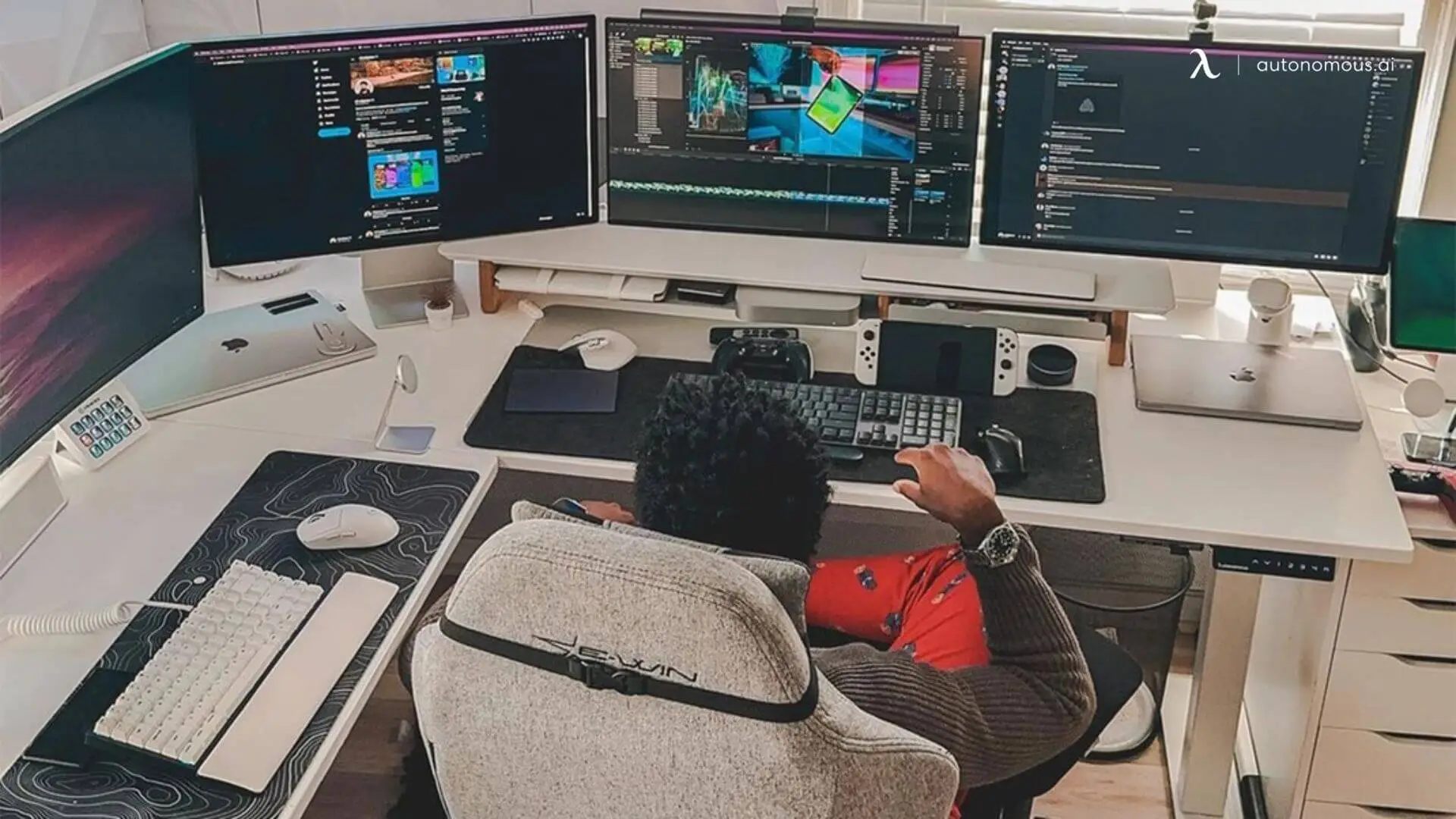
4. Understand Emerging Tech (No Deep Dive Needed)
You don’t have to be an expert—but knowing how things work helps you use them better.
- Learn what AI, blockchain, AR/VR, and robotics are and how they’re impacting work and society. Stay informed about data privacy laws, smart home developments, and wearable tech trends.
- If you’re into health or fitness, explore how AI is showing up in your everyday apps. Mental wellness platforms like Liven, BetterMe, and Brainway use AI to support focus and habit-building.
- Fitness tools are also leveling up—especially options like fitness apps for women, Headspace for mindfulness, and top calorie tracking apps that blend data and insight to improve your health.
5. Try Some Light Coding (Optional, but Empowering)
Even basic coding knowledge can boost your confidence and problem-solving skills.
- Learn HTML/CSS to tweak websites or personal pages.
- Try Python or JavaScript for beginner-friendly programming.
- Use freeCodeCamp, Khan Academy, or Codecademy for guided lessons.
- Not into coding? Use no-code platforms like Webflow, Notion, or Airtable to build cool things without typing a line.

6. Get Hands-On and Tinker
Experience is the best teacher.
- Try building a PC or installing your own smart home devices. If you’re designing a remote setup, explore ideas for a high tech home office that blends functionality with futuristic tools.
- Use Raspberry Pi or Arduino kits to learn hardware basics. You can also experiment with cool gadgets for teens (even if you're not a teen—they're fun, affordable, and often practical).
- Make it a habit to explore new apps monthly—test different browsers, email tools, note apps, or time trackers. And when you're ready to level up your space, check out futuristic things and best productivity gadgets to boost efficiency and keep your desk looking sharp.
7. Connect with the Tech Community
You’re not alone—tech-savvy people love to share.
- Join Discord servers or Facebook groups focused on digital tools and skills.
- Attend online workshops, free webinars, or local tech meetups.
- Ask questions, share discoveries, and learn through others’ experiences.
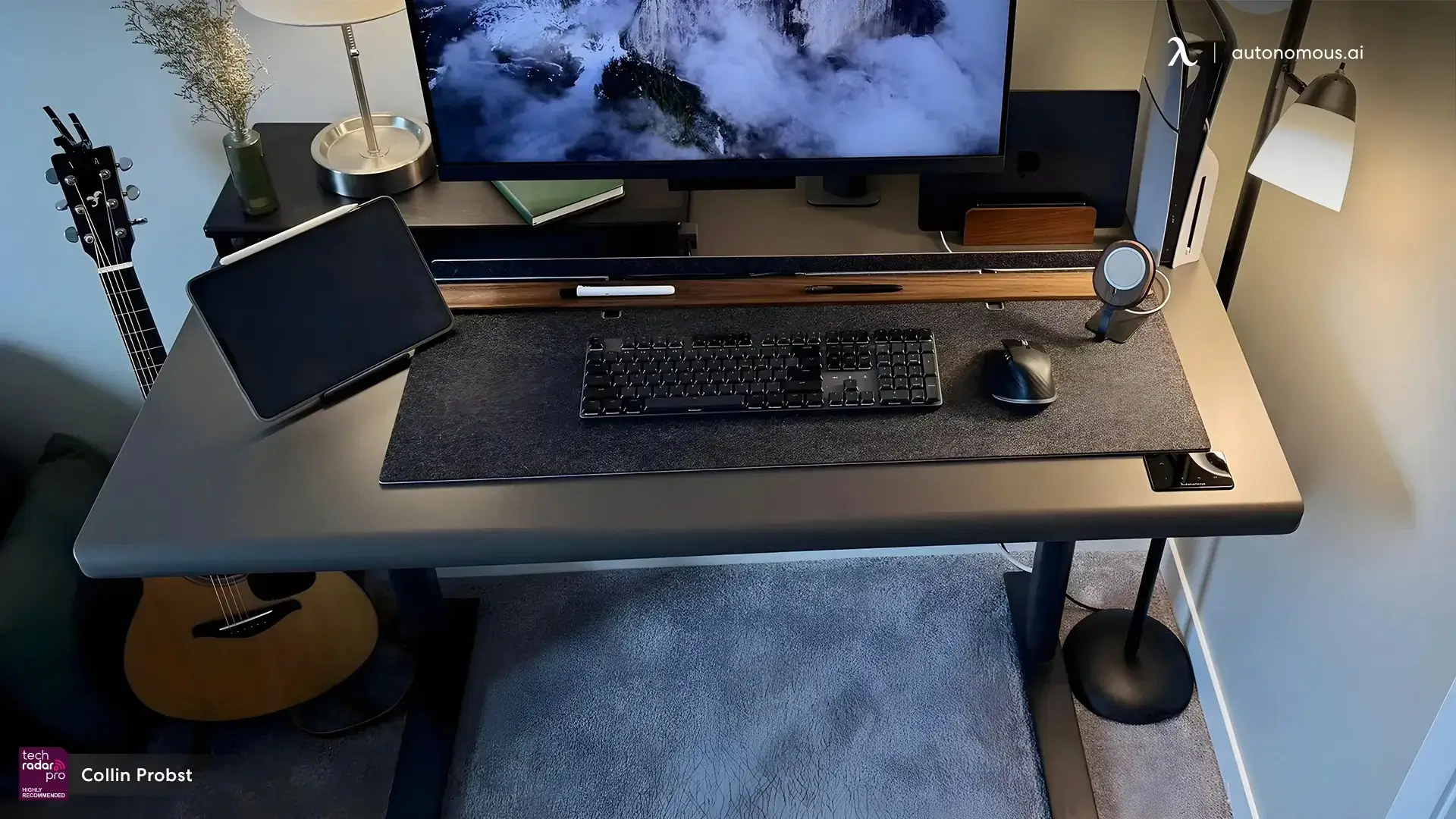
FAQs
What does being tech savvy actually mean in 2025?
Being tech savvy means having the confidence to explore and use digital tools efficiently—from apps and devices to online systems—while understanding how to stay secure and adapt to new technology trends.
Can I become tech savvy even if I’m not from a tech background?
Absolutely. Tech savviness isn’t about having a degree in computer science—it’s about being curious, learning step by step, and staying open to change.
What are some daily habits that help improve tech skills?
Try reading tech news for 10 minutes a day, experimenting with one new app or setting each week, and asking questions in online communities when something confuses you.
Is there a difference between being tech savvy and digitally literate?
Yes. Digital literacy means understanding how to use technology safely and effectively, while being tech savvy also involves proactive learning, troubleshooting, and using tools creatively or efficiently.
How can older adults become more tech savvy?
Start with hands-on learning at a comfortable pace. Community classes, YouTube tutorials, and one-on-one help from younger family members can make a big difference. Choose tools with user-friendly interfaces.
Are there risks to becoming too dependent on technology?
Yes—over-reliance can reduce critical thinking or lead to digital burnout. The key is balance: use tech to support your goals, not replace human decision-making or rest.
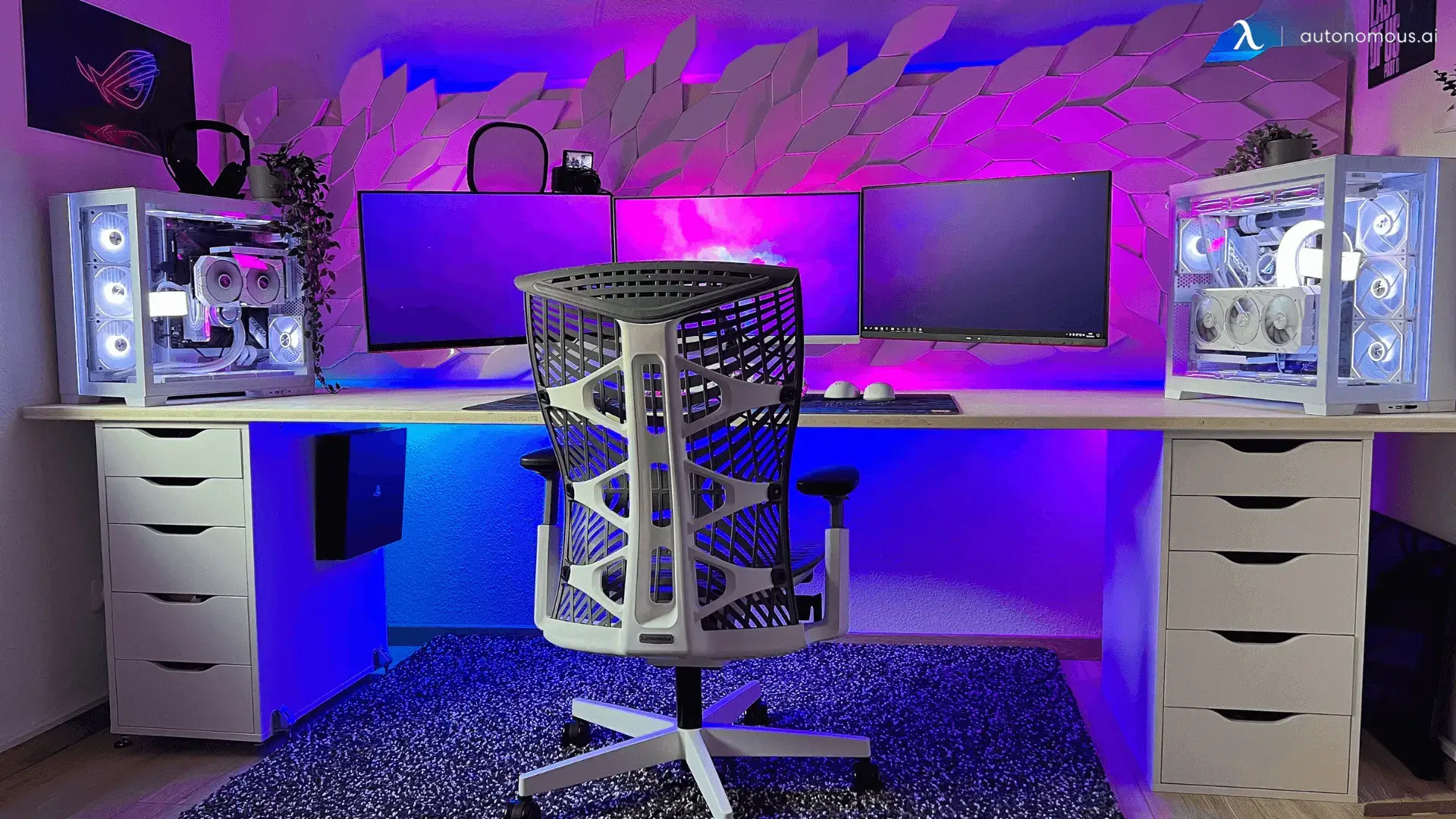
Final Thoughts: Tech Savviness Is a Mindset
Being tech savvy isn’t about knowing it all. It’s about being curious, adaptable, and unafraid to try. In 2025, new tools will keep coming fast—but with the right mindset, you can keep up with confidence.
It’s not about mastering every new gadget or trend. It’s about knowing enough to stay safe, productive, and one step ahead.
.svg)


